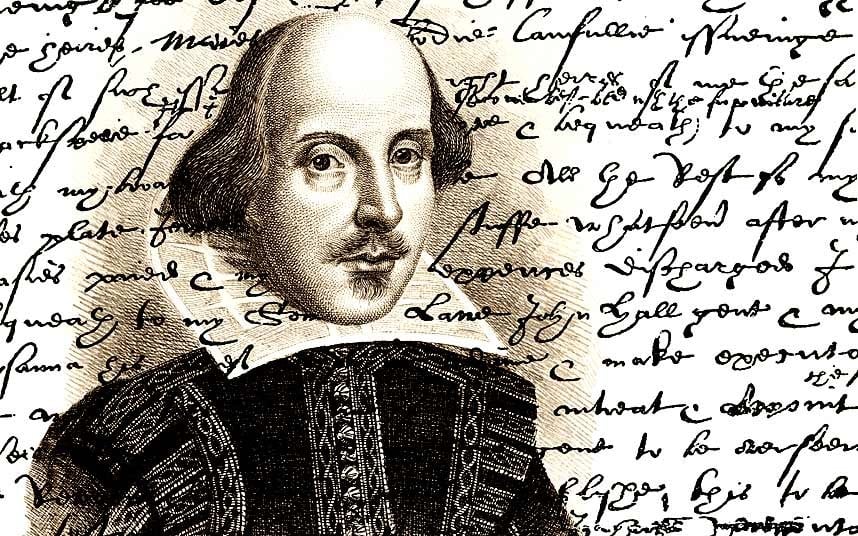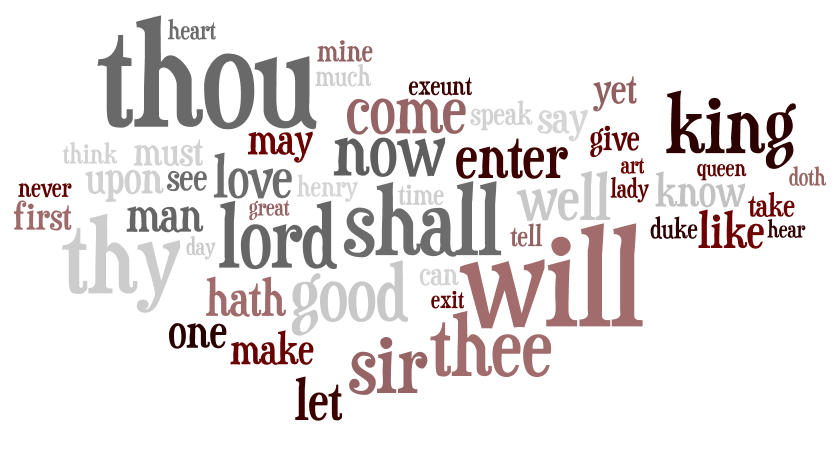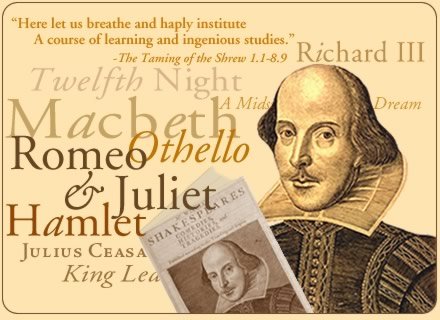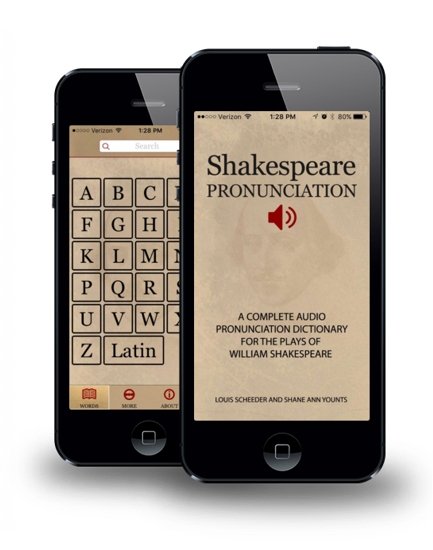Cassidy Cash, the podcast host of That Shakespeare Life, interviews Shane Ann about iambic pentameter in Shakespeare’s plays. Iambic pentameter verse consists of five feet (a foot is an iamb). Each foot is made up of two syllables – one syllable is stressed and the other is unstressed. Pentameter is taken from the Greek word “penta” meaning five. Therefore, iambic … Read More
Scansion – Scanning the Verse
Scanning the verse or Scansion is an analysis of the metrical patterns of a poem by organizing its lines into feet of stressed and unstressed syllables and showing the major pauses, if any. Scansion also involves the classification of a poem’s stanza, structure, and rhyme scheme. How does the Shakespeare App help with Scansion Many of the suggested pronunciations in … Read More
Words To Watch Out For
Audio Shakespeare Pronunciation Dictionary This article offers brief observations on the poetic diction of each play. Each entry notes the percentage of prose and/or verse in a given play, as well as the amount of rhyming verse, if significant. It also includes a sampling of contractions and of words that expand to fulfill the demands of the meter. Examples of … Read More
Hendiadys in Shakespeare
Hendiadys is a figure of speech in which two words connected by a conjunction (usually ‘and’) are used to express a single notion that would normally be expressed by an adjective and a substantive, such as “gracious favor” in place of “grace and favor.” It stems from the Latin phrase “one thing by means of two” or “one through two.” … Read More
Original Pronunciation – Interview with Jennifer Geizhals
Original pronunciation is a popular topic among actors, directors, linguists and scholars. OP, as it is called, is the dialect spoken in Shakespeare’s time. We cannot be 100% certain as to how the dialect sounded when Shakespeare wrote his plays because there weren’t any recordings but linguists have found many clues in the plays and sonnets. I was speaking with … Read More
Latin – Shakespeare Audio Dictionary
In an attempt at consistency, the pronunciations in our Shakespeare Audio Dictionary are rendered into what is commonly referred to as “restored” or classical Latin. Many Latin words and phrases have entered the English language. Clearly, it is best to pronounce these in the manner with which the audience is most familiar. Thus, the letter c is always hard in … Read More
Audio Shakespeare App Features
The Audio Shakespeare App is for anyone who is acting in Shakespeare’s plays, teaching the plays or just likes to read the plays. The actors or readers have quick access to the pronunciations of the words in all of the plays. This includes character and place names as well as any unusual words. This Shakespeare app has more than 5000 … Read More
Why Use the Audio Shakespeare Pronunciation App?
Why are correct pronunciations in Shakespeare important? While listening to the Audio Shakespeare Pronunciation App one might ask: Why are correct pronunciations in Shakespeare important? The primary reason is consistency! All of the characters inhabiting the world of the play should be consistent. For example, everyone says roh-SIL-yuhn for the Countess in All’s Well that Ends Well so we know … Read More
Accents Dialects and Foreign Languages
Why do we need a Shakespeare pronunciation guide? In some plays, accents are required of characters whose native language is not English. This occurs in both The Merry Wives of Windsor and Henry V. In the former, Dr. Caius, the physician, speaks English with a French accent and Hugh Evans, the schoolmaster, speaks English with a Welsh accent. The different … Read More
- Page 1 of 2
- 1
- 2









